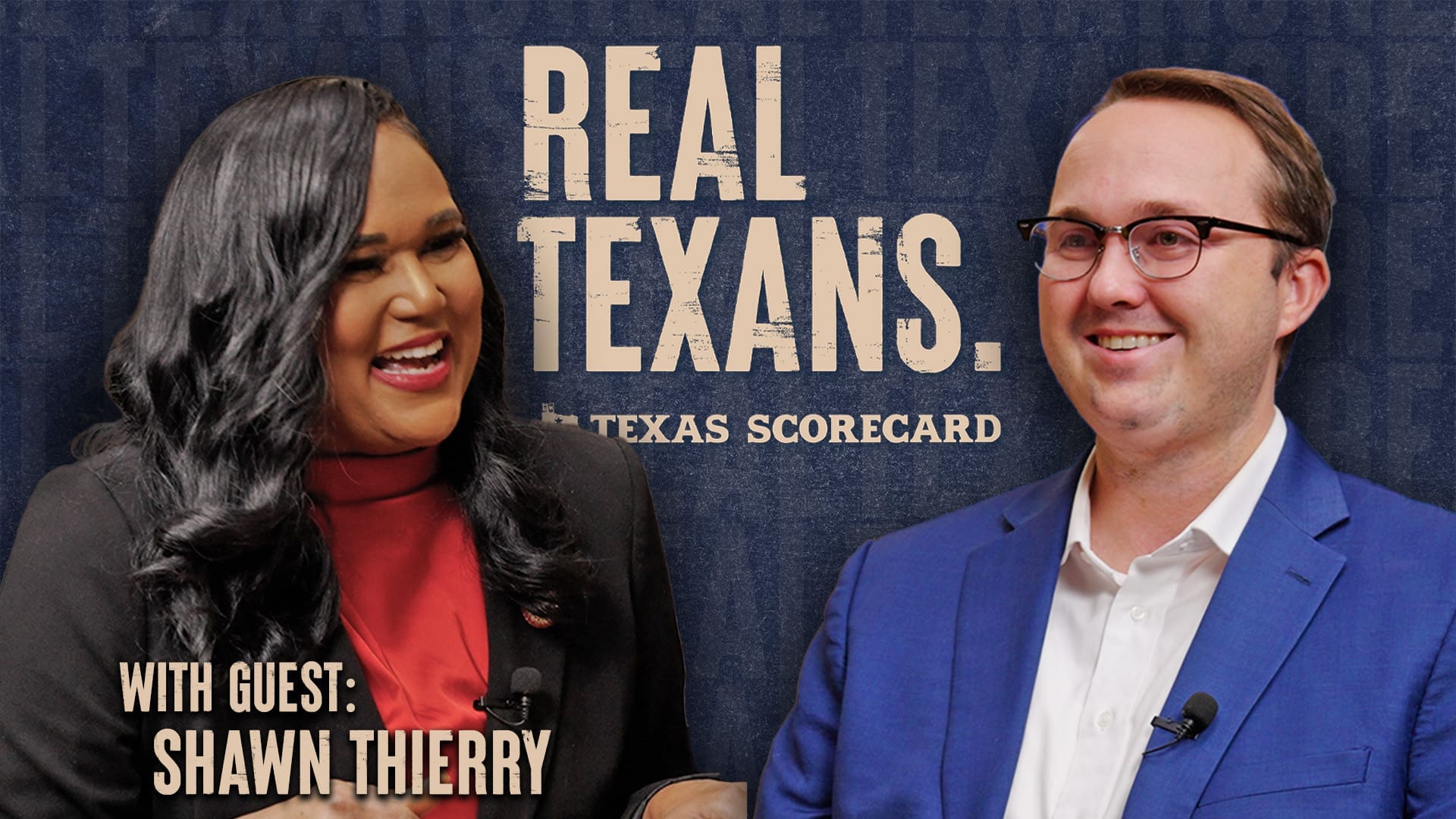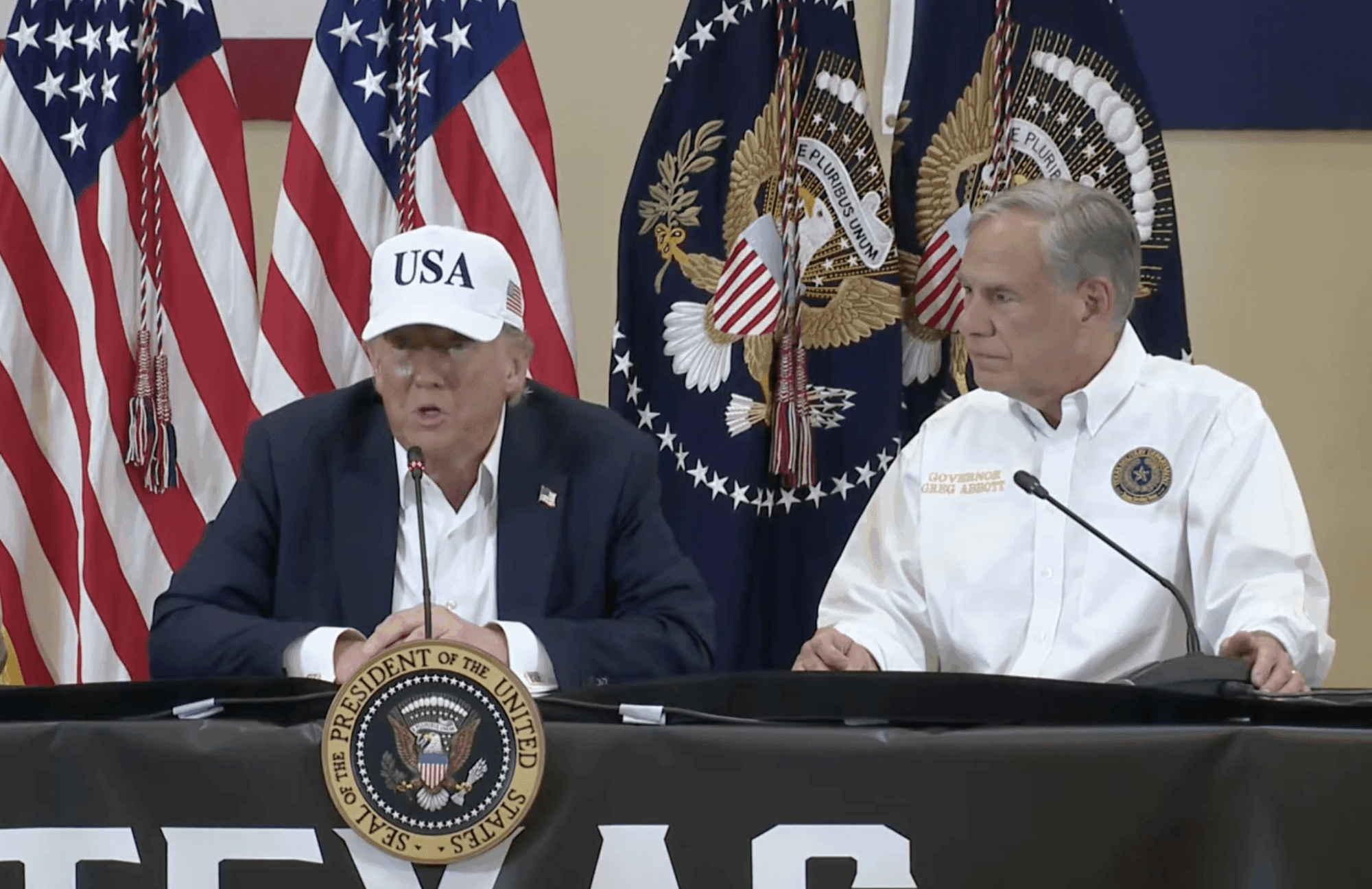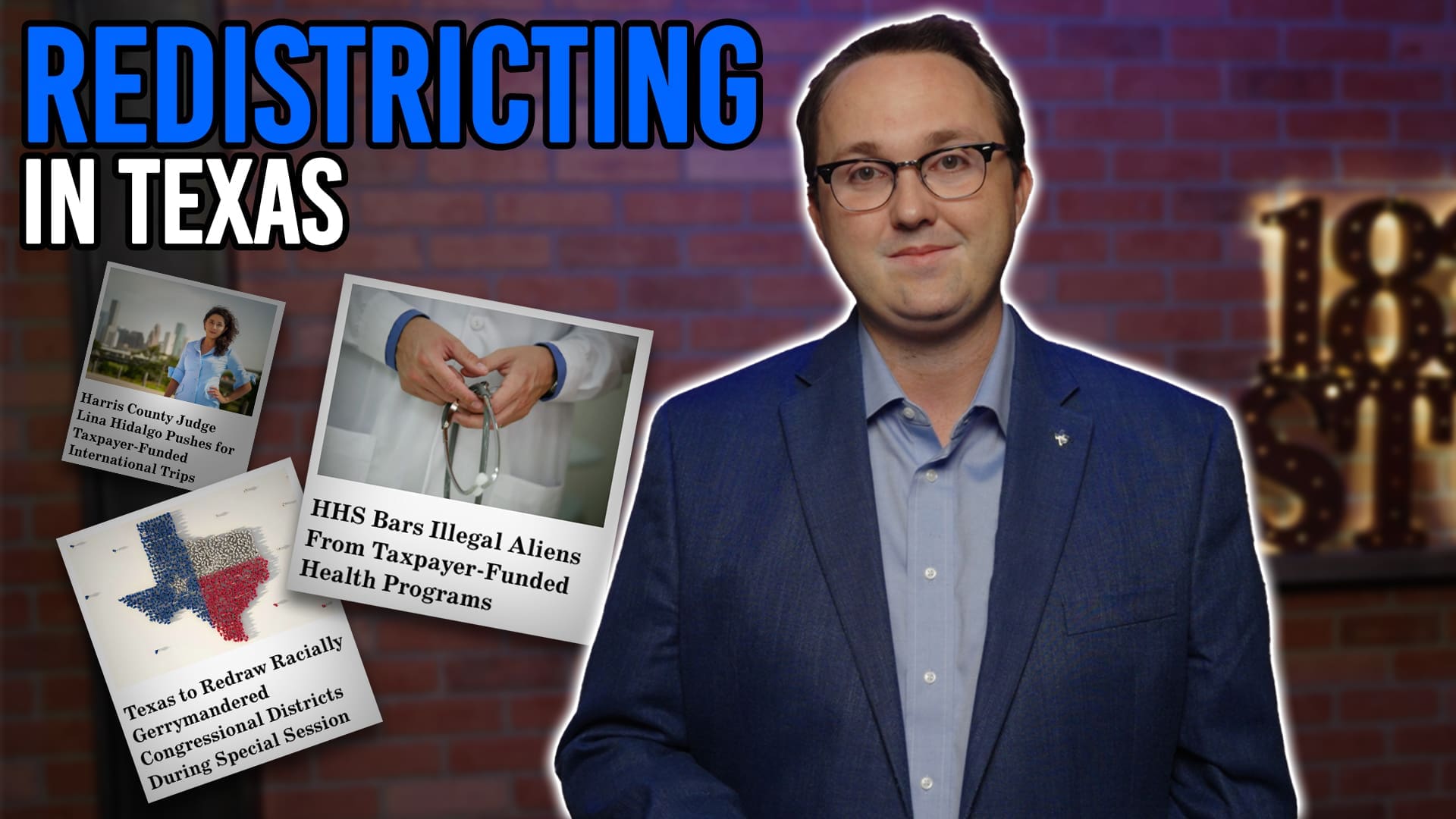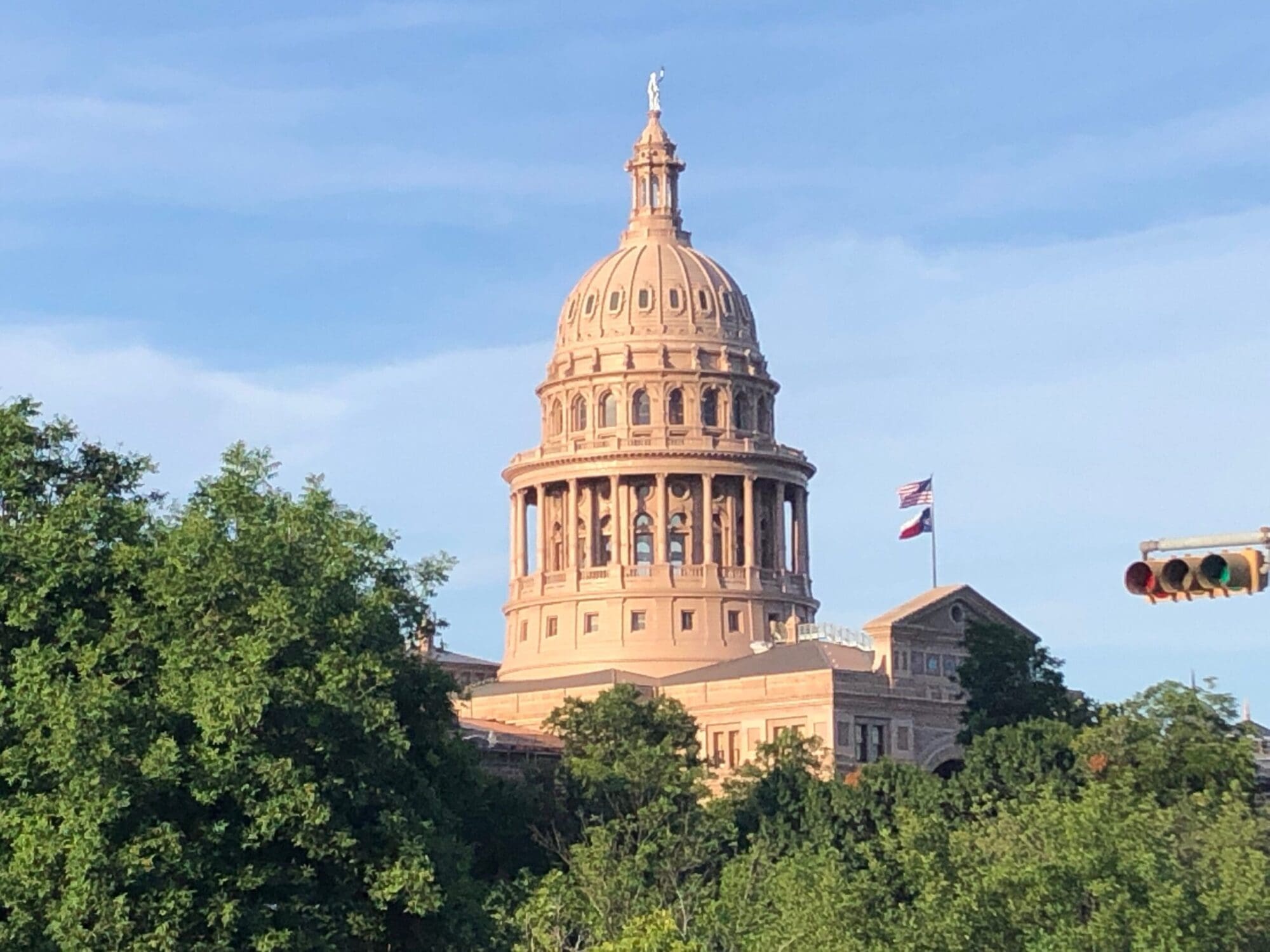As this session of the Texas Legislature drags on, the lack of energy and focus on delivering real property tax reform and relief is shocking, and the populist anger I’m seeing in response is palpable.
The sad truth is that when voters feel a political party they typically identify with is no longer listening to them, drastic changes occur at the ballot box.
We already have evidence of a “Texas” switching parties after a long history of supporting a conservative party. And no, I’m not referring to the Lone Star State.
I’m referring to the “Texas” of Canada, the province of Alberta.
The similarities of Texas and Alberta are rather surprising to those of us who keep hearing liberals threaten to run to Canada if a Republican wins the presidency. Like Texas, Alberta is a land of cowboys, barbecue, oil, and conservatism. As Alberta goes, so goes the conservative movement in Canada (yes, there is one).
Since at least 1943, Alberta had been controlled by center-right political parties. Interestingly, after Franklin D. Roosevelt implemented his New Deal policies which expanded the Great Depression through bigger government and spending, in the 1940s Alberta was following a different path—limiting the growth of government and cutting taxes.
In the 1980s, their governing conservative party seemed to lose its way, and Alberta had a rather large debt; but the ship was righted in 1993 as a new leader came to power who ruthlessly pursued a set of fiscally conservative policies that resulted in Alberta becoming debt free in 2004, without raising taxes.
But today, as I write, Alberta has been controlled by socialists since the devastating 2015 election. And I mean out-of-the-closet socialists.
What happened? How could such a conservative province with a long history of conservatism go left? Quite simply: Voters got fed up with a party they felt had stopped being conservative.
In 2008, Alberta’s governing conservative party grew a huge budget deficit and raised taxes on the oil industry that sent it crashing. Voters grew so upset that the Right divided into two parties: the mainstream governing party and a new, third party. Then in 2015, voters abandoned the mainstream conservative party almost altogether as they collapsed to 10 seats out of the 70 they once held, and the socialists were swept to power.
For the first time in 72 years, Canada’s Texas elected a leftist party that has grown deficits and government since winning. And all of this was triggered by voters getting fed up with a party they felt had left them.
Thankfully, that’s not the end of the story. Since then, the Right has reunited under a new party, the United Conservative Party of Alberta, and is being led by Jason Kenney, Alberta’s version of our own former State Rep. Matt Rinaldi (R–Irving).
All the polls right now show that the UCP are going to send the socialist New Democrat Party packing in the election next month. If they win, the future for Alberta—based on Kenney’s long record of staunch conservative leadership—is quite bright. But it would’ve been far better for Alberta and Albertans had the voters been heard long before 2015.
No one can say for certain what the future holds, but what is certain is that when voters feel they are no longer listened to, when they feel that their own party has left them, they start feeling a frustration that results in a drastic change at the ballot box.
Drastic changes can take many forms, and I’m no fortune teller. But the question voters frustrated with skyrocketing property taxes and excessive spending should be asking their representatives is, if they do not deliver property tax reform and relief, are they prepared for a drastic change?





